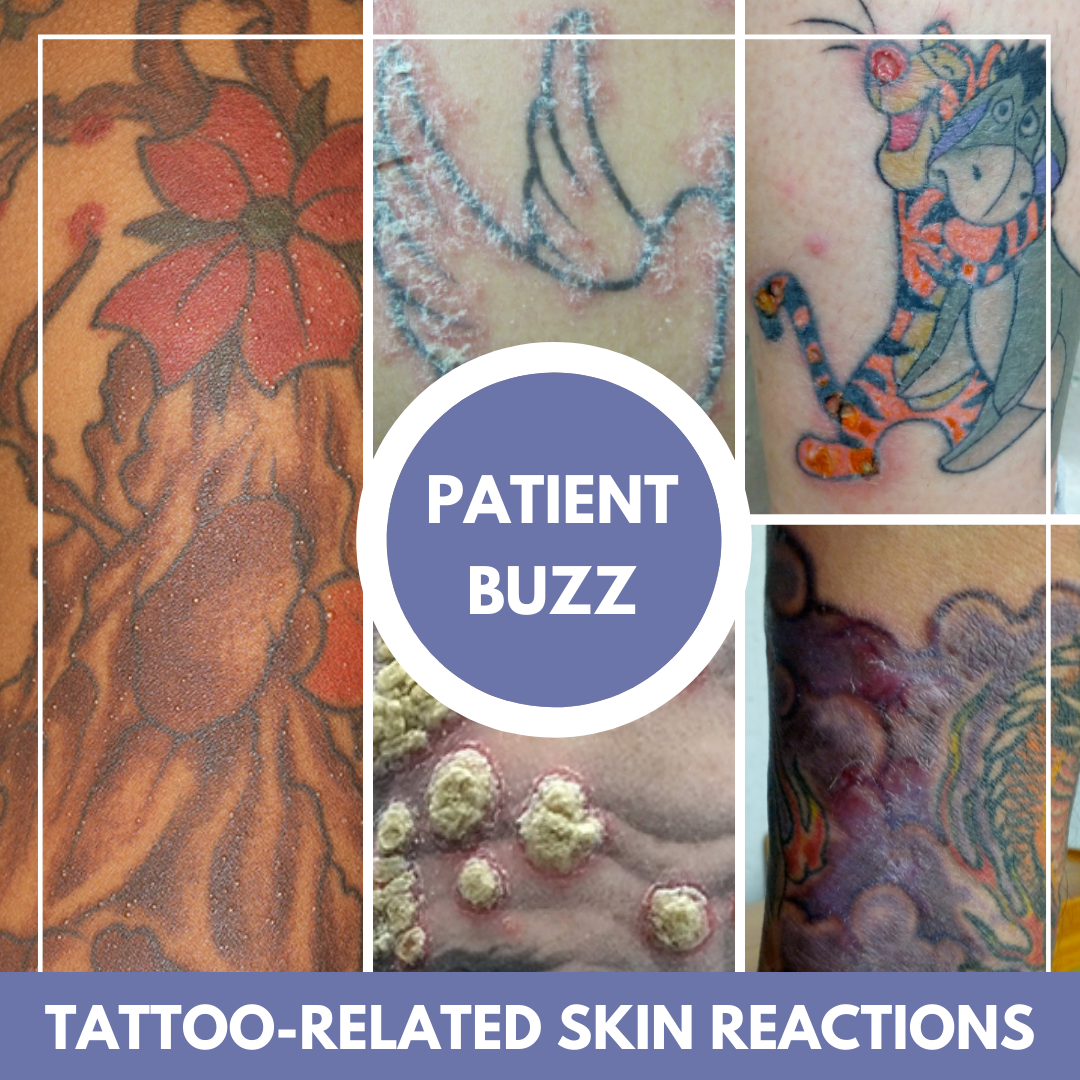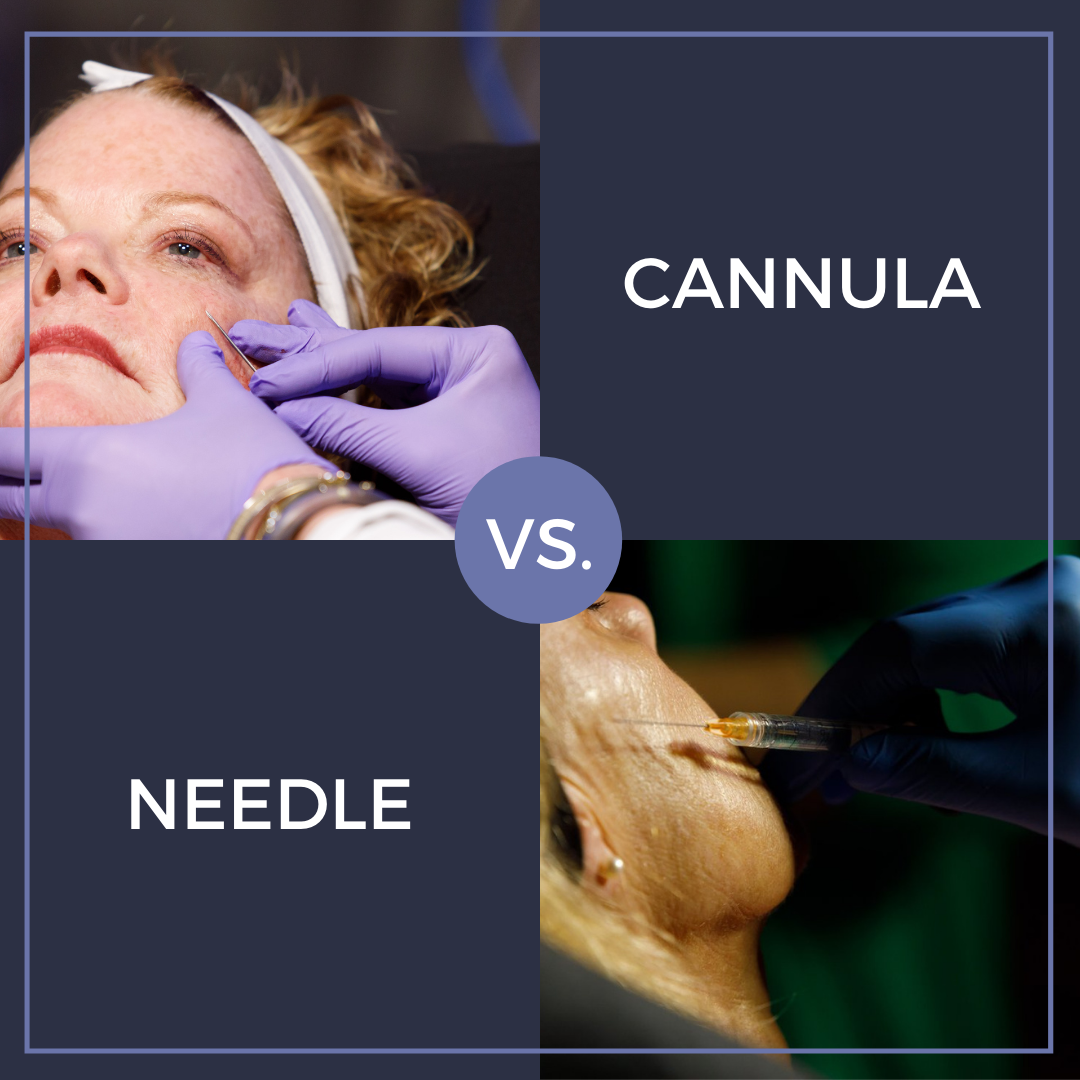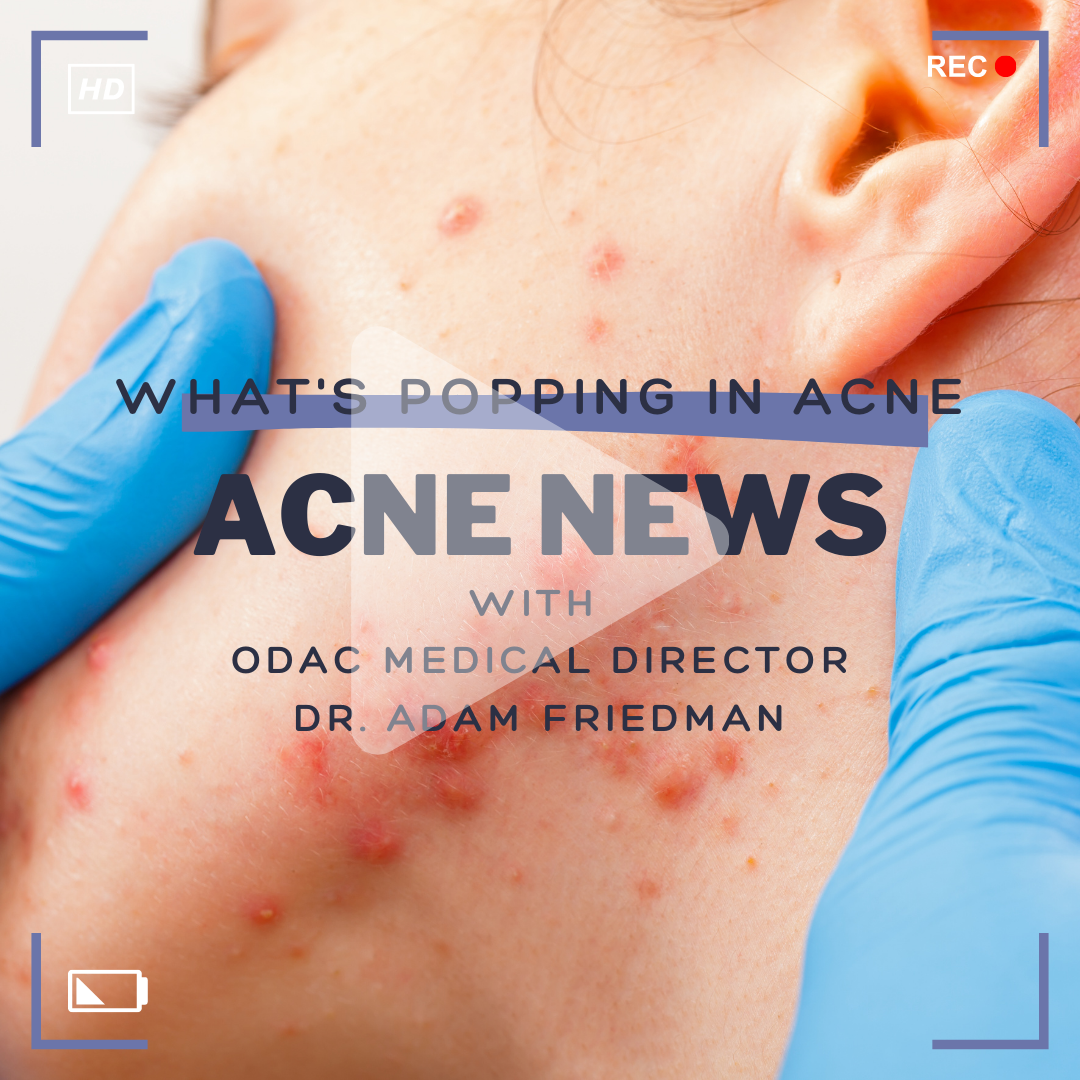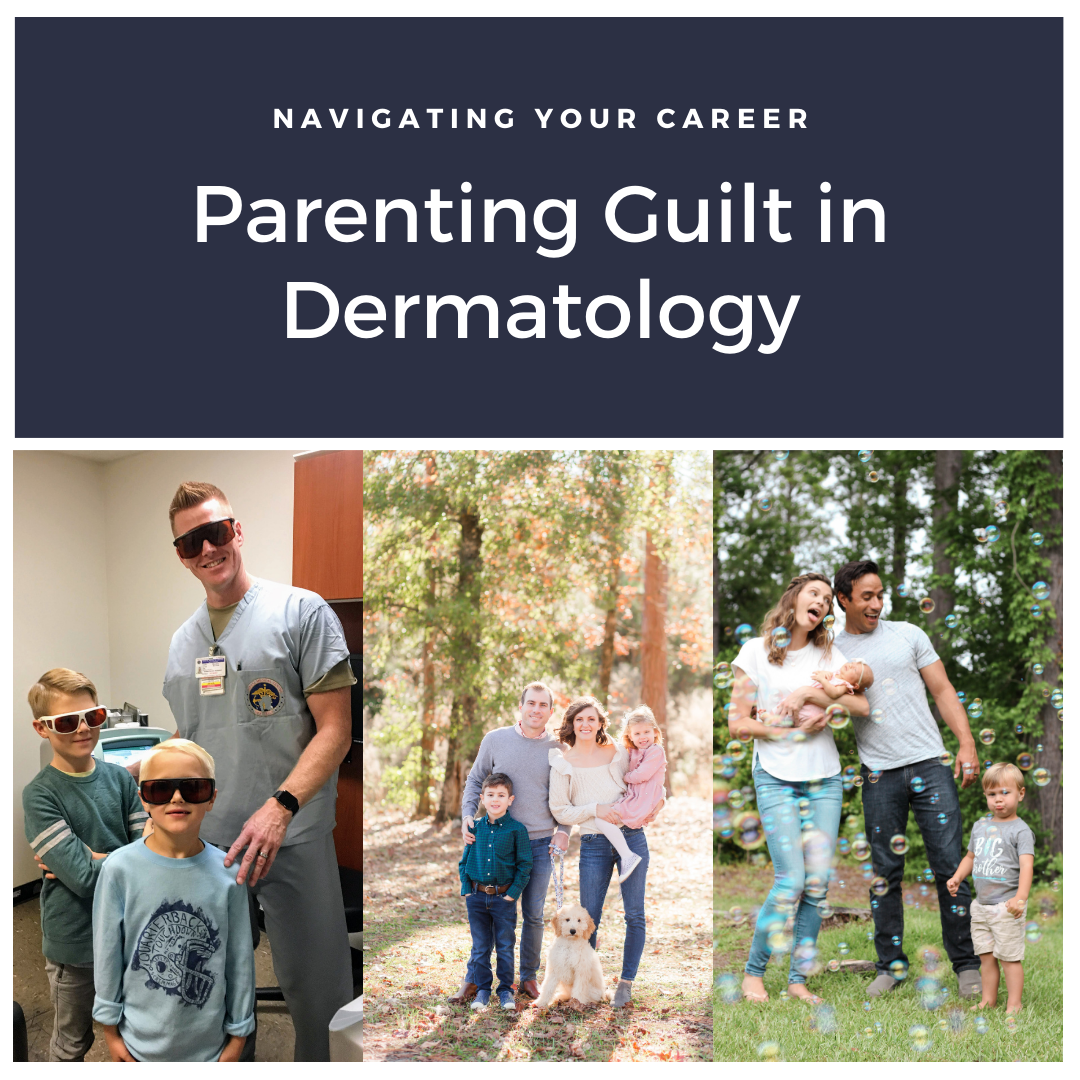Patient Buzz: Tattoo-Related Skin Reactions
 Allure recently wrote an article about why tattoos can become itchy and raised. What common and uncommon skin reactions should dermatologists keep in mind when treating tattooed patients?
For an expert opinion, I contacted Rhode Island dermatologist Matthew Willett, MD, FAAD.
What common skin reactions can occur in people shortly after getting a tattoo?
The most common acute skin reaction …
Allure recently wrote an article about why tattoos can become itchy and raised. What common and uncommon skin reactions should dermatologists keep in mind when treating tattooed patients?
For an expert opinion, I contacted Rhode Island dermatologist Matthew Willett, MD, FAAD.
What common skin reactions can occur in people shortly after getting a tattoo?
The most common acute skin reaction …
 Allure recently wrote an article about why tattoos can become itchy and raised. What common and uncommon skin reactions should dermatologists keep in mind when treating tattooed patients?
For an expert opinion, I contacted Rhode Island dermatologist Matthew Willett, MD, FAAD.
What common skin reactions can occur in people shortly after getting a tattoo?
The most common acute skin reaction …
Allure recently wrote an article about why tattoos can become itchy and raised. What common and uncommon skin reactions should dermatologists keep in mind when treating tattooed patients?
For an expert opinion, I contacted Rhode Island dermatologist Matthew Willett, MD, FAAD.
What common skin reactions can occur in people shortly after getting a tattoo?
The most common acute skin reaction … Continue reading "Patient Buzz: Tattoo-Related Skin Reactions"


 Over the last ten years, the use of cosmetic fillers has become increasingly popular. Historically, delivery of cosmetic tissue fillers has been through a sharp hypodermic needle. However, new blunt-tipped needles, called microcannulas, are gaining popularity with aesthetic injectors. The decision to use needle vs. cannula is the choice of the injector, but the advantages of using a blunt-tipped c …
Over the last ten years, the use of cosmetic fillers has become increasingly popular. Historically, delivery of cosmetic tissue fillers has been through a sharp hypodermic needle. However, new blunt-tipped needles, called microcannulas, are gaining popularity with aesthetic injectors. The decision to use needle vs. cannula is the choice of the injector, but the advantages of using a blunt-tipped c …  Straight from the desk of ODAC Medical Director, Dr. Adam Friedman, we share what’s popping in acne (spoiler alert: quite a lot!). According to Dr. Friedman, the innovation drought is over! Watch as he reviews all new topical and oral therapeutics (some of which are completely new active agents) and while at it, shares and debunks important information related to the management of acne vulgaris …
Straight from the desk of ODAC Medical Director, Dr. Adam Friedman, we share what’s popping in acne (spoiler alert: quite a lot!). According to Dr. Friedman, the innovation drought is over! Watch as he reviews all new topical and oral therapeutics (some of which are completely new active agents) and while at it, shares and debunks important information related to the management of acne vulgaris …  What organism caused this disease?
A. Kytococcus sedentarius
B. Candida albicans
C. Staphylococcus aureus
D. Corynebacterium tenuis
E. Corynebacterium diphtheriae
To find out the correct answer and read the explanation, click here.
Brought to you by our brand partner Derm In-Review. A product of SanovaWorks.
…
What organism caused this disease?
A. Kytococcus sedentarius
B. Candida albicans
C. Staphylococcus aureus
D. Corynebacterium tenuis
E. Corynebacterium diphtheriae
To find out the correct answer and read the explanation, click here.
Brought to you by our brand partner Derm In-Review. A product of SanovaWorks.
…  When Matthew Willett, MD, began his dermatology training, he felt he had to choose between dermatology and his family.
“My kids were old enough to tell me that they missed spending time with me, and that made it even harder sometimes,” said Dr. Willett, who is now a staff dermatologist in Rhode Island.
“Sometimes the kids really know how to play up the ‘guilt game,’” said Jackie …
When Matthew Willett, MD, began his dermatology training, he felt he had to choose between dermatology and his family.
“My kids were old enough to tell me that they missed spending time with me, and that made it even harder sometimes,” said Dr. Willett, who is now a staff dermatologist in Rhode Island.
“Sometimes the kids really know how to play up the ‘guilt game,’” said Jackie …